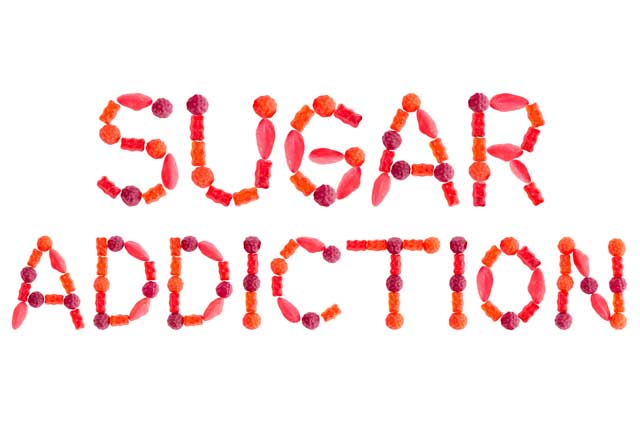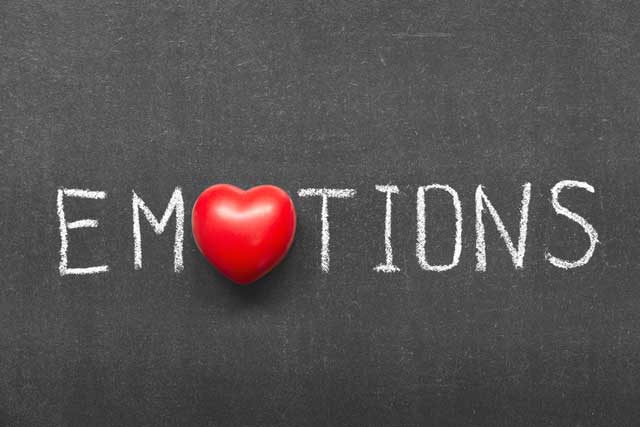
It’s not about the food!
It’s about dividing the real food from the drug food and changing yours and the entire world’s perception of a product that evolved into our food system, over hundreds of years, before we really knew, scientifically, what damage it could do to the human body…
People always ask: What’s the secret to quitting sugar? How do you do it? They say: “I’ve tried so many times and I always go back. I lose a little weight, I feel a little better but ultimately I end up going back to eating sugar – and then it always seems even worse! Please tell me the secret.”
I tell them the same thing over and over. “Sugar is not a food.”
Sugar is a drug.
A very powerful drug to some people.
This small acceptance, once grasped, makes all the difference.
It’s a drug that get’s no respect as a powerful drug.
I always want to put the word “like” at the end of the sentence above and continue “like cocaine.”
But the sentence needs to eventually stand on it’s own two feet for this message to truly get out.
It doesn’t matter how many studies that come out that say sugar is even MORE powerfully addicting or “lights up” the same regions of the brain as cocaine – no one wants to believe it. Let alone act on the information by at least trying to cut back or quit sugar.
You know what it reminds me of?
And I was old enough to live through, and participate in, this societal change.
When the activists were trying to get tougher drinking and driving laws passed the general societal consensus was: they are just being too radical! Generations of people had been drinking and driving like it was normal – an inalienable right bestowed on them with their drivers license.
Yes, it was technically illegal back then but the general feeling was “just don’t get caught” Let’s be honest, even a lot of the cops didn’t really believe that much in the laws and often just let you go or gave you a ride home. (ask me how I know this one day when we meet).
Today we all know how dangerous drinking and driving is and it truly is frowned on by most people with any compassion for their fellow man, but it took Candy Lightner and MADD to finally raise the awareness with the public.
Just how many more obese children is it going to take to bring this awareness to light? How much of a financial strain are we going to have to put on our medical system and government programs when we actually know the causes of most of the diseases we are treating?
Why does this task seem so overwhelming?
I know it’s a big change, and I understand how hard it is, but the evidence is approaching overwhelming.
No matter what Dr. Robert Lustig writes, no matter what Dr. Nicole Avena writes, Dr. Mark Hyman, Gary Taubes and the list goes on.
Prominent educators with MD’s, PhD’s – with peer reviewed studies and years of in the trenches experience to back up the voluminous books they write on the subject and still consumption and the diseases caused by said consumption continue to go up.
Sugar just gets no respect as an analgesic, psychoactive drug. Meaning very simply it doesn’t get any respect for it’s real power to numb pain, emotional or physical, and it’s ability to make you feel better about yourself (temporarily).
The feeling better about yourself, by the time we reach adulthood, is very short lived. By the time we are adults the only thing we are trying to do by ingesting sugar is postponing full blown withdrawals.
The story is the same in every support group I’ve ever heard of or been involved with. People are using sugar just like people use, what is commonly referred to as “more powerful drugs”, to hold off, or postpone and manage the feelings brought on by some bad memory, trauma, thought or event.
Therein lies the real issue and by coincidence the solution to your sugar issue.
If you could at least, for a few days, weeks or months, pretend that you believe that sugar could affect your body and numb your mind in a weirdly subtle – yet still very powerful way that you were not open to before – then you might be able, just might be able, to come to peace with sugar and your body.
So how does this work?
What do you do next?
First you detox. Yes you will detox physically from the drug. Ask your doctor if that’s OK. Not to many Doc’s are going to have a problem if you take a short break from sugar.
During this physical detox we are going to work with you to understand what is happening to you emotionally as a result of the drug leaving you body and you attempting to live without it.
I know it sounds ominous but those of you who are honest with yourselves and those of you that have kept journals in your past attempts to quit sugar know exactly what I’m talking about.
If any of this rings true for you – you’re the ones I want to speak to and work with. Please stay tuned, jump on the email list, take the sugar quiz and let’s change the world – one sugar free(or greatly reduced) body at a time.
If you think you might have a slight sugar dependency – take our (very short) little Sugar Susceptibility Quiz and see. I promise it’s painless and very enlightening. Take The Sugar Quiz Here.
Be well,
Michael
Michael Collins has helped thousands of people quit or greatly reduce their sugar intake through awareness, education and community at SugarAddiction.com. Uniquely qualified as an expert in addiction recovery he has been clean and sober from all drugs for over 30 years and 100% sugar free for over 25 years and his proudest achievement was raising two children sugar free from the womb to age six.

